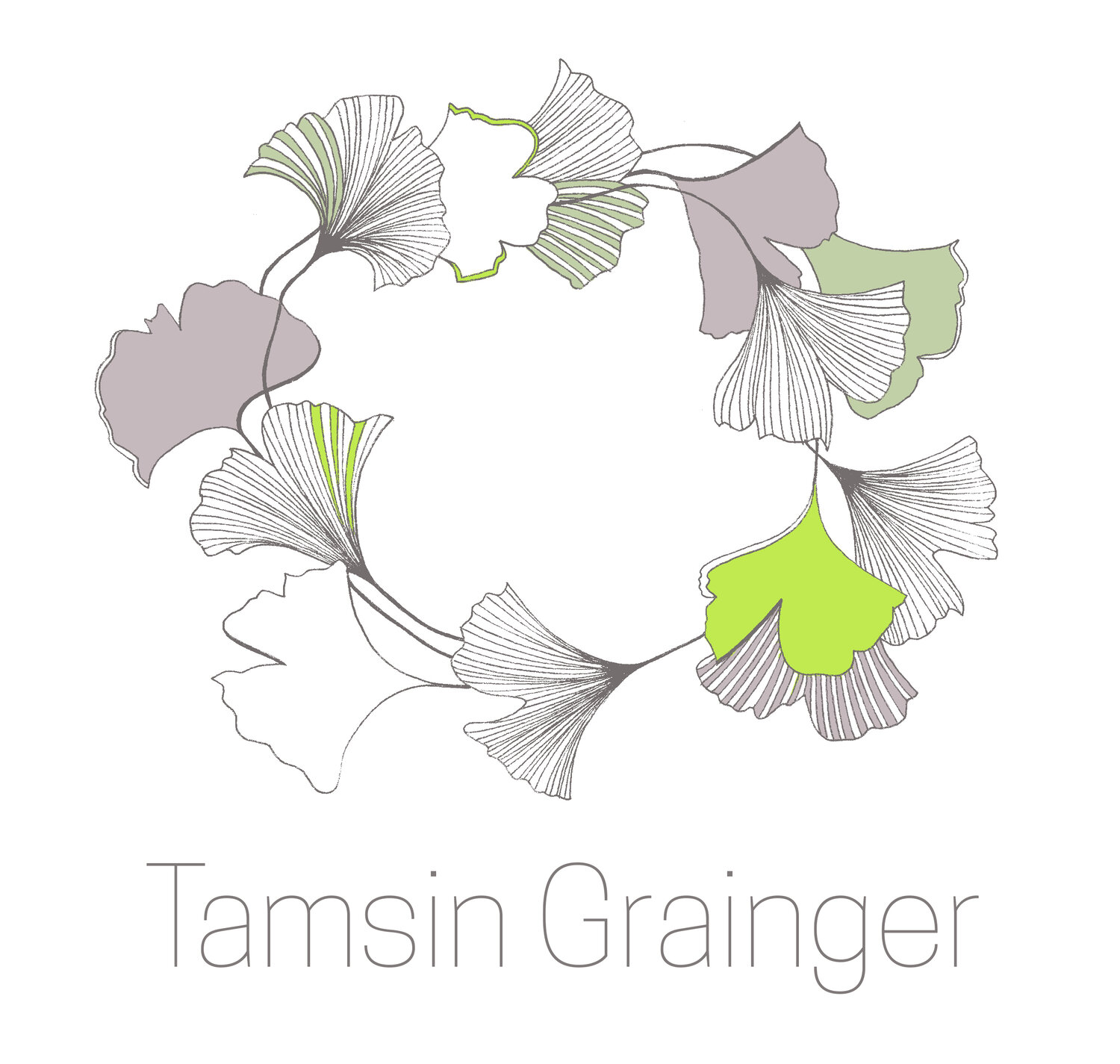Why do I call Shiatsu a complementary therapy and not an alternative one?There are conditions and illnesses for which allopathic, conventional medicine has effective treatment and there are conditions that are benefitted by a non-medical method that does not use chemical drugs.There are some, such as cancer, where allopathic medicine and complementary therapies such as Shiatsu can work together very effectively.As a Shiatsu practitioner I do not encourage or suggest that my clients give up or avoid seeing their GP or visiting the hospital. In fact there are times when I might refuse to treat until such a consultation has taken place.I have a lot of theoretical and practical experience with anatomy, physiology and pathology, although I do not offer a medical diagnosis. If a client comes to see me with a medical diagnosis, I can understand it and work with it, but my skill is in Oriental Medicine and diagnosis. I am interested in the whole person.I take a careful case history, listening to the range of information which the client tells me about their physical body, emotional feelings, lifestyle, and interests. I use my hands and my own sensibility to identify how the person is; my eyes and ears to observe important signs; and this all informs the treatment plan that I then assemble for the client.I like to work with the client's GP, hospital, or therapist if that is appropriate. I certainly need to know what medication someone is taking and why, so that I can work in a safe and relevant way.Shiatsu complements other treatments and approaches which the client chooses. It aims to be non judgmental. I believe that the client knows what is best for her or him.
Street Address
City, State, Zip
+447821264882
Your Custom Text Here

